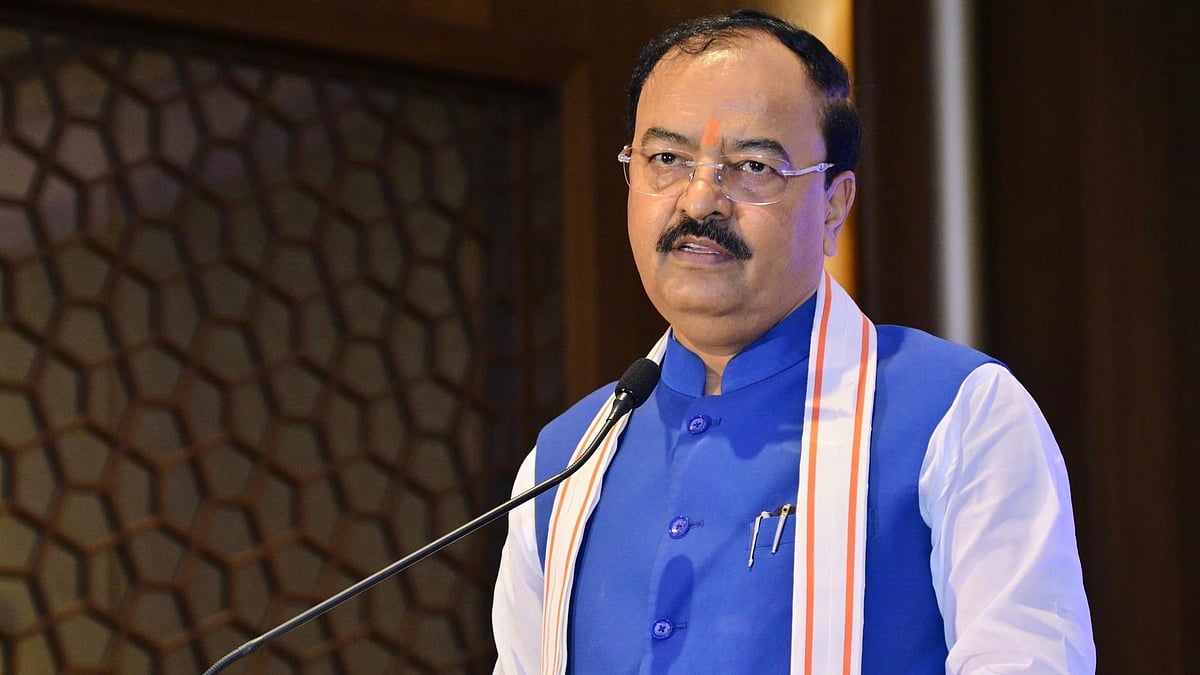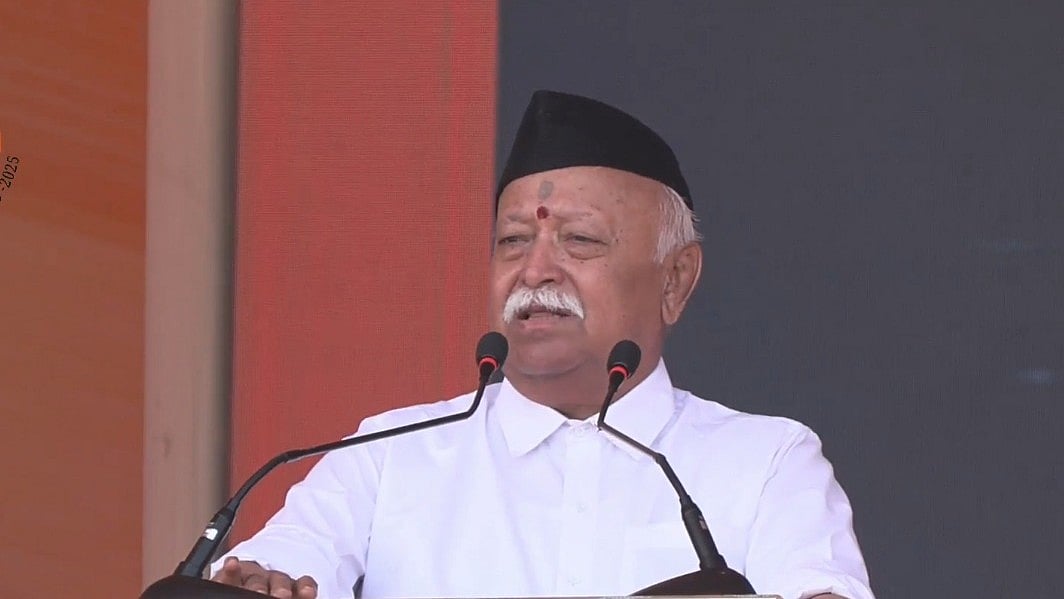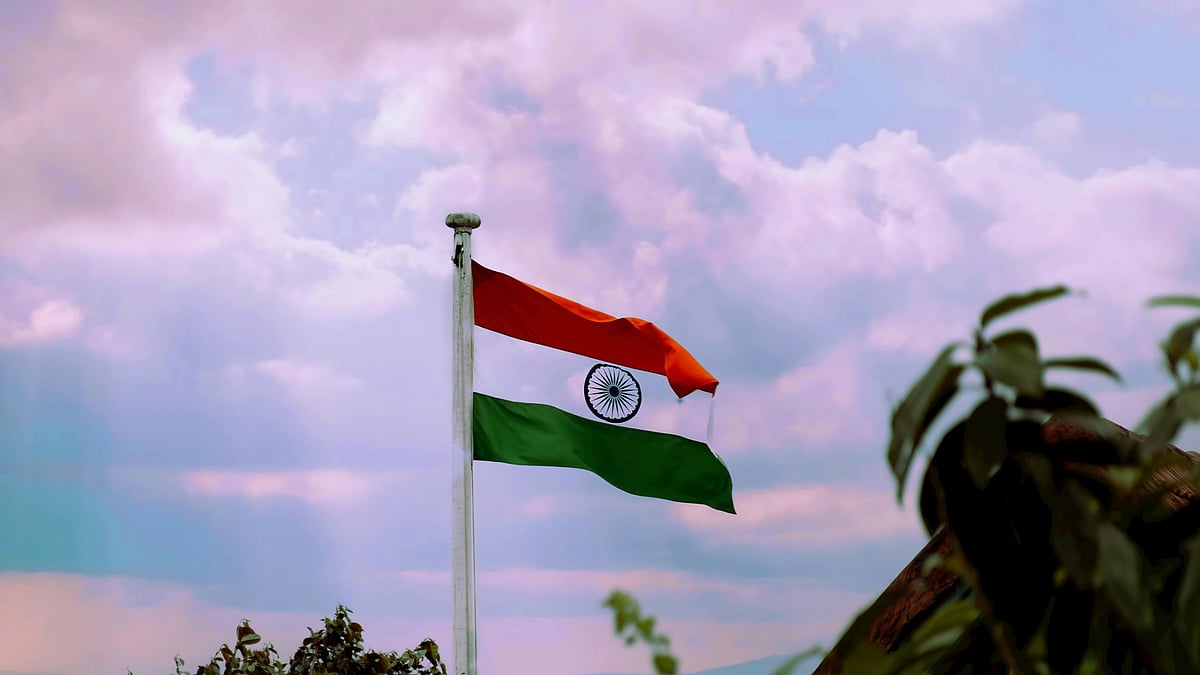Recent floods have dismantled routine life in Northern parts of India. Actually, every year some part of India or the other gets submerged in floods. Last year Assam, before that Maharashtra, and so on. Droughts, floods or famines disrupt daily life. But the news channels continuously showing disrupted life and people’s misery affects the mental status of many vulnerable populations. The vulnerable populations’ and sensitive individuals’ emotions flow like floods in their mind. They become anxious and depressed. But a very particular body response also happens in these individuals, called post traumatic stress disorder (PTSD).
It happens to individuals exposed to trauma — like the people affected by floods at present.
I had an opportunity to interact with Mr Narayan, a 45-year-old male. He was stranded in his own home for five days due to floods in his native place. As his house was a two-storey one, he could stay on the second floor, but there was water all over the lower part. There was no electricity for three to four days. Mobile connectivity was a huge problem. He could not step out of his house — how could he? He and his family had to survive on whatever food they had stored. It was the most difficult time. After the floods receded he had to clean the house and do repairs. After almost a year, he started having nightmares and dreams about floods. He would get up in the middle of the night and wouldn’t be able to sleep. Without any reason, he would feel restless and suffocated, and have palpitations and dryness of mouth. The episodes would last for 5 to 10 minutes. He was confused as to why this was happening to him now, as after the floods, everything was almost restored to normality.
He started avoiding talking about floods that had happened in the past. He would not talk about his native place, his home. In fact, he stopped visiting his native place. He would avoid reading or watching news related to floods, and would get angry if anyone spoke about it.
He would get images and scenes about the days he spent during the floods... the water... the house... everything floating... no electricity… scarcity of food... collapsed wall of the house... his kids and family...
He would feel as if it’s happening now.
He would blame himself, feel very sad and negative. Many times he would get angry towards children. He would feel that he should drink alcohol and sleep. He tried but it did not help him. The nightmares continued.
He would get scared. His body would shiver if at times there was loss of electricity at his present home in the city.
Due to all this, he was not able to focus on his office work. He would not interact with family and children peacefully.
What Mr Narayan was suffering from was Post Traumatic Stress Disorder (PTSD).
PTSD occurs in individuals exposed to life-threatening trauma. It could be natural disasters like floods, earthquakes, famines or fires. It can happen after road accidents and plane crashes or terror attacks. Individual life-threatening events like mugging, kidnapping, robbery, torture or a serious medical diagnosis can also cause PTSD. Sexual assault, physical violence childhood abuse, threat by weapon can lead to this.
The lifetime prevalence of this condition is around 7% . But various Indian studies have shown a higher prevalence, about 30 to 70%. Its noted to be high especially after natural disasters. During Covid-19 and after it, many Indian studies noted PTSD in around 30% of the population.
It's more in females than males.
Risk factors:
Almost all age groups are vulnerable after a traumatic event. But the following factors are contributory.
1. Intense and long lasting trauma like persisting physical or sexual abuse over long period.
2. Tender age exposure to trauma like childhood abuse.
3. Job that deals with traumatic events like police personnel, military personnel, doctors or fire fighters.
4. Having other mental health conditions like anxiety or depression.
5. Contributory addictions or substance use like alcohol or other drugs.
6. Lack of social support from family or friends.
7. Family history of mental illness like anxiety or depression.
Symptoms:
PTSD symptoms start after one month of the traumatic event but may appear years after the event.
PTSD symptoms are generally grouped into four types: 1.Intrusive memories,
2. Avoidance,
3.Negative changes in thinking and mood,
4. Changes in physical and emotional reactions.
Symptoms can vary over time or vary from person to person.
Intrusive memories:
• Recurrent, unwanted distressing memories of the traumatic event.
• Reliving the traumatic event as if it were happening again (flashbacks)
• Upsetting dreams or nightmares about the traumatic event
• Severe emotional distress or physical reactions to something that reminds you of the traumatic event.
All above symptoms were present in the case of Mr Narayan.
Avoidance:
Avoiding the places or activities or people related to the traumatic event.
Avoiding the talks or thoughts about the traumatic event.
(Mr Narayan stopped visiting natives, avoided newspapers and TV news related to this and got angry with kids.)
Negative changes in thinking and mood:
• Negative thoughts about yourself, other people or the world
• Hopelessness about the future
• Memory problems, including not remembering important aspects of the traumatic event
• Difficulty maintaining close relationships
• Feeling detached from family and friends
• Lack of interest in activities you once enjoyed
• Difficulty experiencing positive emotions
• Feeling emotionally numb
Changes in physical and emotional reactions
These are also called arousal symptoms, and may include:
• Being easily startled or frightened
• Always being on guard for danger
• Self-destructive behaviour, such as drinking too much or driving too fast
• Disturbed sleep
• Inability to focus or concentrate
• Irritability, angry outbursts or aggressive behavior
• Overwhelming guilt or shame
Above illness should be treated earlier or it may lead to severe complications.
Complications
PTSD disrupts the whole life - job, relationship, health and daily enjoyment in life.
It increases the risk of other mental illness like Depression or Anxiety , drug or alcohol use or addiction, suicidal thoughts or eating disorders.
Children
Children less than 6 years old manifest symptoms differently.
• Re-enacting the traumatic event or aspects of the traumatic event through play
• Frightening dreams that may or may not include aspects of the traumatic event.
Treatment
It can be easily treated with medications and counselling. Few months or a year of treatment with medication can resolve this. The medications coupled with counseling would give best results.
Prevention
After a natural disaster it is usually important to do the means that are aimed to prevent PTSD.
Not all the persons exposed to traumatic events develop PTSD. Many people have PTSD-like symptoms at first, such as being unable to stop thinking about what's happened. Fear, anxiety, anger, depression, guilt — all are common reactions to trauma. These reactions may go after a few days to months but these people need good social and family support.
In one such preventive attempt, I visited many families of the victims of serial train bomb blasts in Mumbai 2006. Many psychiatrists could talk about the trauma, their emotions and feelings to the surviving people.
Debriefing
Debriefing involves promoting some form of emotional processing/catharsis or ventilation by encouraging recollection/ventilation/reworking of the traumatic event.
Debriefing has two principal intentions. The first is to reduce the psychological distress that is found after traumatic incidents. The second, related, intention is to prevent the development of a psychiatric disorder, usually PTSD.
Dr Shailesh Umate is a consultant psychiatrist, sexologist and addiction specialist, whose mission is spreading awareness about mental health and well-being










